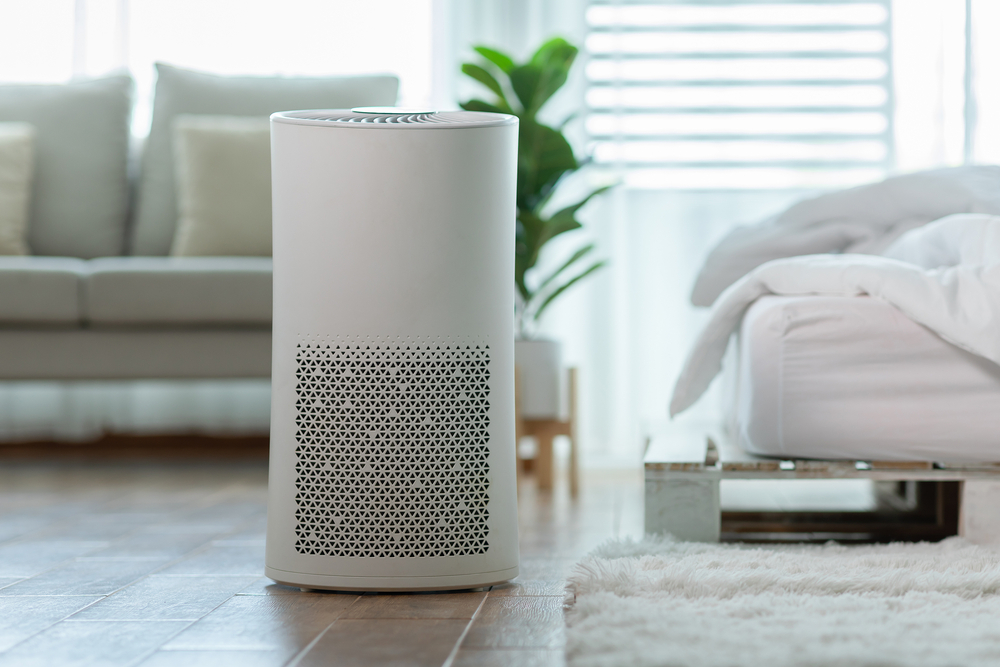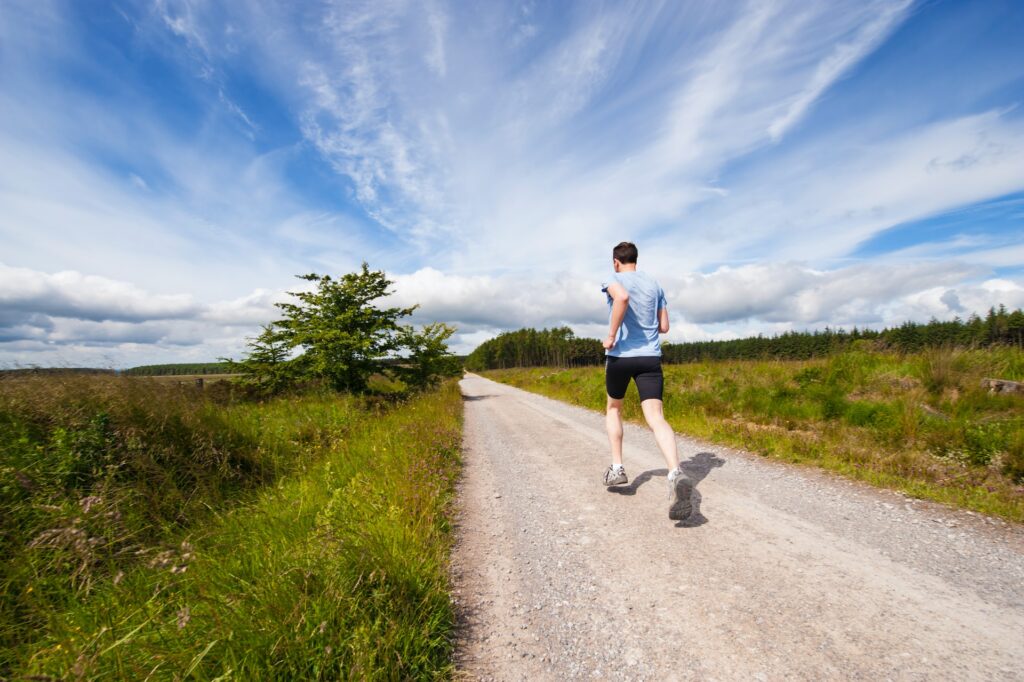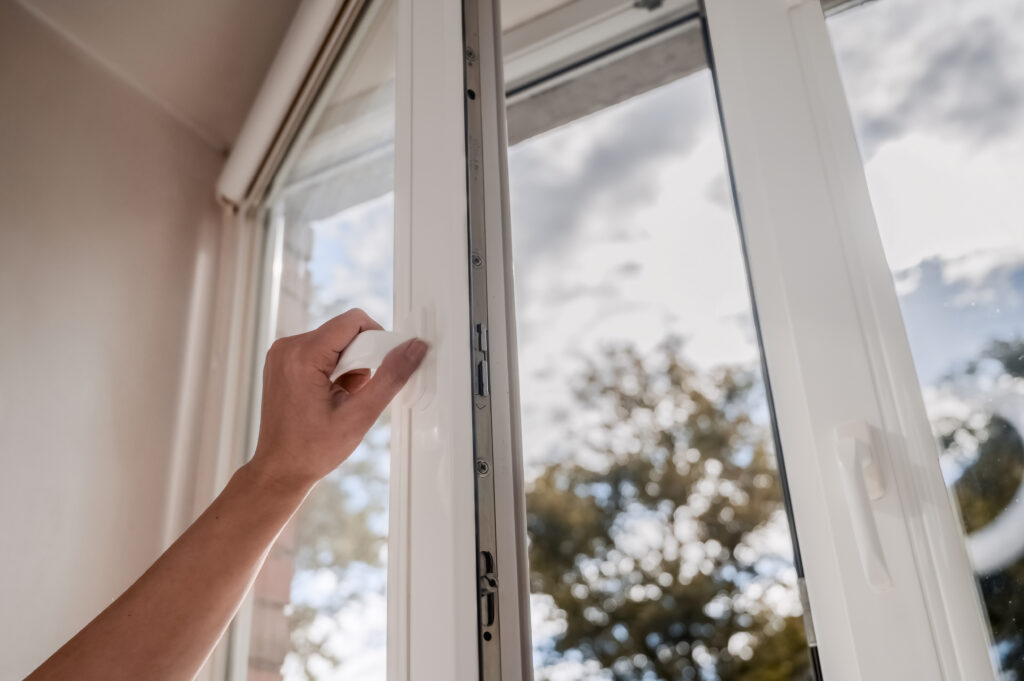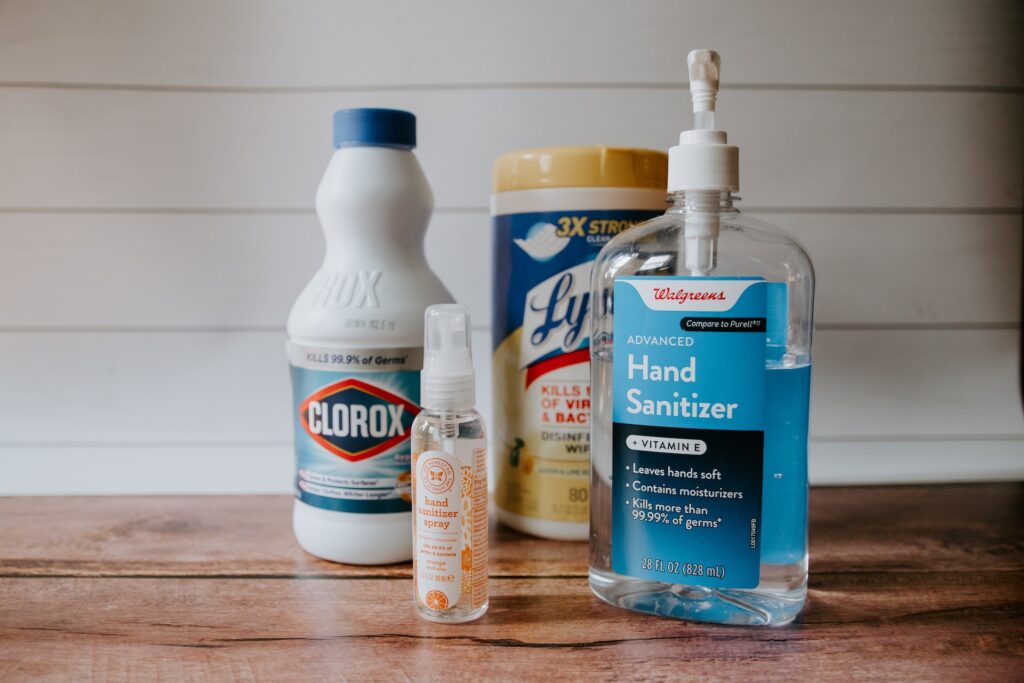Respiratory Health for Better Outcomes
What can an individual do to reduce their risk of a severe case of COVID-19? In the absence of a cure, improving the health of an individual, especially pulmonary health, is important. Hydration, balanced nutrition, appropriate exercise and regular rest and sleep may help. Once an individual is infected, fresh air and cleaning the environment are recommended. This helps protect those who interact with a patient in home or healthcare settings. It also reduces re-exposure to viral particles that the individual may cough, sneeze or breathe out. Rebreathing viral particles may lead to infection of other parts of the lung and increase viral load [1][2]. Raising your head during rest and sleep may make it easier to breathe.[3]
Attention to wellness during the mild period of COVID-19 may impact whether it becomes severe. Among the well established means of strengthening the immune response[4] to many viruses are elevated hydration, balanced nutrition (chicken or egg drop soup![5]), rest, good sleep habits, and medically advised temperature control[6][7]. Improving respiratory health before becoming infected, should also improve outcomes.
Good ventilation and frequent cleaning of the environment of individuals that are ill with COVID-19 is widely recommended by health authorities[8][9][10][11]. This is critical for anyone who must interact with a patient, whether family members in the home, or healthcare providers in medical settings. It may also provide benefits through reducing re-exposure of the individual to viral particles, which may affect pulmonary tissue that is not yet infected, or has been recently cleared by the immune system.
Deep breathing has been shown to improve respiratory health and patient outcomes across a number of conditions[12][13][14]. While more intensive chest physiotherapy has not been found effective in treating hospitalized pneumonia patients[15], for mild symptoms standard breathing exercises may be beneficial. Many mental health professionals also recommend deep breathing because of many remarkable ways it can benefit your mental health, not just your respiratory system.

In a typical case the disease begins mild, and after several weeks suddenly progresses to become severe. A competition between viral replication and elimination by the immune system underlies disease progression. A sudden onset of severity indicates that the battle reaches a transition (tipping point) to a lethal phase. This may be due to the extent of damage to lung tissue, overload of some capacity of the immune system, auto-immune impacts such as a Cytokine storm, or other mechanisms. The sensitivity of the transition to multiple factors suggests that even a small change in individual conditions may shift the balance. Strengthening the immune system or reducing the ability of the virus to spread across the pulmonary tissue may be helpful.
The coronavirus spreads via respiratory particles from coughs, sneezes and exhaled air of individuals who carry the virus (regardless of whether they show symptoms). The following recommendations to improve pulmonary health and reduce exposure / reexposure to viral particles are safe for individuals in reasonable all-around health. Anyone with specific health concerns or respiratory issues may wish to consult their physician before adopting them. Please note that these recommendations will not substitute for prevention, we only hope that they may reduce the severity in some cases.



Recommendations
- Avoid viral rebreathing. Where possible use HEPA air purifier day and night. Otherwise, outdoors or with open window: Breathe out, turn to breathe in clean air. Repeat multiple times, and periodically.
- Aerobic exercise. Before infection, aerobic exercise strengthens cardiovascular health. Once infected, as long as symptoms are very mild, moderate daily aerobic exercise can improve lung ventilation. Such exercise may benefit immune function as well[16]. Ideally, do this exercise outdoors or with open windows or otherwise well ventilated areas. In sufficiently warm climates, longer walks or even running may improve lung capacity. Jumping jacks, jogging in place, or dancing can be done even in small spaces.
- Keep windows open where temperatures allow. It is best for airflows to be outward, and surely not to allow airflow from an infected individual toward spaces where uninfected individuals are present [6]. This has two benefits: (1) allowing any viral particles present in the air to exit the room, rather than you (or someone else) breathing them back in; (2) bringing more oxygen into the room—helpful for the lungs and all-around health. If the weather in your region is cold, consider opening the window at least a small amount while also running a heater. Air purifiers may also be helpful.
- Spend time outdoors (without approaching others within several meters). Balconies, back yards or patios, are good locations to be, as well as walks while avoiding proximity to others. This has the same benefits as keeping windows open—ensuring exhaled viral particles don’t get re-inhaled.
- Breathe in through the nose. Breathing through the nose helps clean incoming air, via cilia (small hairs) and mucous membranes, thus creating a shield against disease. Nasal breathing also warms and moistens incoming air.
- Deep breathing. Deep breathing and exhalation bring fresh air in and can improve lung capacity. We typically breathe in and out only a fraction of our lung’s capacity. Expelling viral particles from the more stagnant areas of the lung may further decrease self-exposure to viral particles. Deep breathing is often recommended for health and well being and can be done multiple times a day on a regular schedule.
- Additional lung health practices. Many additional exercises can be found for enhancing respiratory health. See Rush University Medical Center recommendations[17] for more nuanced exercises.
- Clean surfaces and wash clothing and bedding. Frequent washing removes viral particles that are deposited on surfaces and clothing and prevents exposure or reexposure.
- Raise your head up while sleeping using extra pillows to make breathing easier and clear your chest of mucus [18]
https://link.springer.com/article/10.1007/s00330-020-07201-0
https://link.springer.com/article/10.1007/s00330-020-06879-6
https://www.jstage.jst.go.jp/article/jhs/55/1/55_1_56/_article/-char/ja/
Sharon S Evans, Elizabeth A Repasky, and Daniel T Fisher. Fever and the thermal regulation of immunity: the immune system feels the heat. Nature Reviews Immunology, 15(6):335–349, 2015.
Mayo clinic staff. Fever treatment: Quick guide to treating a fever. https://www.mayoclinic.org/diseases-conditions/fever/in-depth/fever/art-20050997
US Centers for Disease Control and Prevention. Preventing the Spread of Coronavirus Disease 2019 in Homes and Residential Communities.
New Zealand Ministry of Health. COVID-19 (novel coronavirus) | staying at home (self-isolation), March 15, 2020. https://www.health.govt.nz/our-work/diseases-and-conditions/covid-19-novel-coronavirus/covid-19-novel-coronavirus-health-advice-general-public/covid-19-novel-coronavirus-staying-home-self-isolation.
Public Health Agency of Canada. Community-based measures to mitigate the spread of coronavirus disease (COVID-19) in Canada, March 12, 2020. https://www.canada.ca/en/public-health/services/diseases/2019-novel-coronavirus-infection/health-professionals/public-health-measures-mitigate-covid-19.html
STCN. [Anti-epidemic Science] Doctor Zhang Wenhong calls you to open the window! Accept this “ventilation timetable”, March 9, 2020. http://news.stcn.com/2020/0309/15711677.shtml
M Vitacca, Enrico Clini, L Bianchi, and N Ambrosino. Acute effects of deep diaphragmatic breathing in COPD patients with chronic respiratory insufficiency. European Respiratory Journal, 11(2):408–415, 1998.
Elisabeth Westerdahl, Anna Wittrin, Margareta Kånåhols, Martin Gunnarsson, and Ylva Nilsagård. Deep breathing exercises with positive expiratory pressure in patients with multiple sclerosis–a randomized controlled trial. The clinical respiratory journal, 10(6):698–706, 2016.
Elisabeth Westerdahl. Optimal technique for deep breathing exercises after cardiac surgery. Minerva Anestesiol, 81(6):678–683,2015.
Sven Britton, Margareta Bejstedt, and Lars Vedin. Chest physiotherapy in primary pneumonia. Br Med J (Clin Res Ed), 290(6483):1703–1704, 1985.
Medline Plus. Exercise and immunity, accessed March 15, 2020. https://medlineplus.gov/ency/article/007165.htm.
Rush University Medical Center. 8 Tips for Healthy Lungs, accessed March 15, 2020. https://www.rush.edu/health-wellness/discover-health/8-tips-healthy-lungs

